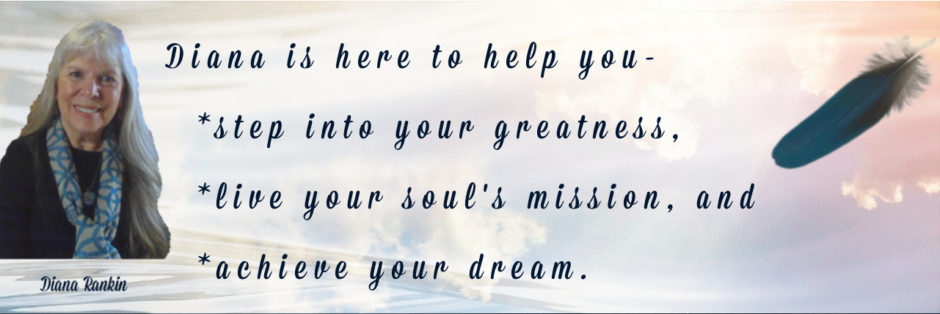Do you ever feel frustrated or hurt because you feel the other person didn’t hear you? If so, you’re not alone.
Studies show that we listen at only about 25 percent efficiency. This means we don’t hear—or understand—what the other person is saying about 75 percent of the time. And we wonder why we have such bad communication.
Learning to listen to the other person begins with a desire to actually hear what they are saying instead of hearing what we want them to be saying. Too often our own agenda gets in the way; we block out what the other is saying and hear only those words that supports our beliefs. So how can we change this?
Here are 10 tips to help you become a better listener. These tips are for normal conversations, not for any threatening situations.
- Admit you may not be the best listener. Very few of us are great listeners. Even as a trained listener who pays attention to what my clients are saying, I may find my mind wandering when interacting with a group of friends or family. I have to remind myself to put my listening abilities back on full attention.
- Set aside your own agenda and pay attention to what the other is saying. You may not agree; that’s okay. But listen with respect before stating your opinion. We’re so busy shouting at one another or thinking about pushing our agenda that we don’t hear what the other is saying.
- Absorb the information the other is providing, then provide feedback such as a nod of the head or repeating the essence back to verify you understood what the other is saying.
- Eye contact and body language are important factors to how well we are listening. Look at the person speaking. Show respect to the other person with an open heart and mind. Avoid crossing your arms over your heart. Slightly lean toward the speaker. Be aware of what your eyes and your body language are conveying.
- If you need to take a moment to reflect on what the other is saying, say so. Make sure you’re reflecting is to help you understand, and not thinking about how to come back. Hear the other person before you block your listening by filling your mind with thoughts of your agenda.
- If you don’t understand a point, ask questions for clarity.
- Yes, some people go on and on, so your listening may wane. That’s when you interrupt. When, and if, it’s appropriate, say excuse me and ask for clarity.
- Unless you’re a professional and being paid to give advice, or your advice is asked for, don’t. In conversations, we often just want to talk with others and may air our feelings about something but are not looking for advice or a way to fix us.
- Understand what the other person is trying to convey. They may not use the words you would use; they may not speak the same language or have the same education; they may be from a different culture, age, or be a different gender. They may be a visual person and you’re a word person. Reach into your heart and do your best to find understanding of what they are saying.
- Put yourself in the other person’s shoes. Do your best to understand what the speaker is trying to convey. This is not easy. It’s hard to understand how an experience has shaped someone, especially if we’ve never had the same experience. Empathy and compassion go a long way in helping us listen.
Listening is about letting the other person know you are hearing and care enough about them as a human being to listen to what they are saying. We can all be good listeners. It’s just a matter of caring enough about the other to put aside our agendas and listen with an open heart and an open mind.
